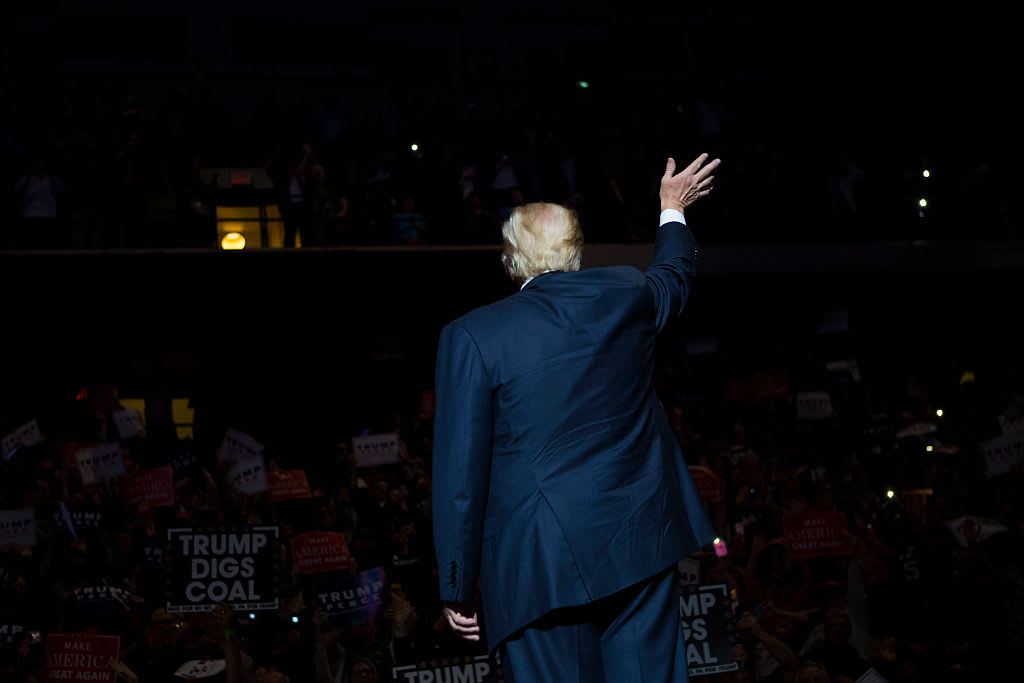Being friends with your boss could cost you real money
Most workers know being friends with the boss is a bad idea. Turns out it could also be costing them money.
Managers are less likely to give bonuses to workers they've befriended than to workers they don't know, a recent academic study suggests—even when their friend did a better job.
"Not only are people more likely to be fair in public than in private, but ... they are even willing to go against what they might privately think is fair in order to avoid the public appearance of bias," write the authors, Alex Shaw and Eugene Caruso of the University of Chicago and Shoham Choshen-Hillel of Hebrew University of Jerusalem.
Participants in the study, published in the Journal of Experimental Social Psychology, were less likely to give a better-performing worker a bonus when that worker was a friend and when their decision was public. And they judged others' decisions to give workplace friends bonuses as unfair -- even when it appeared to be merit-based.
The study ran eight different simulations of workplace scenarios. In one exercise, participants were told to give a $100 bonus to one of two employees, Mark and Dan, of whom Mark received a slightly better evaluation. Participants who were told that they were friends with Mark and that "everyone will know you made this decision" gave him the bonus 61 percent of the time. But if they were told their decision would stay private, they gave Mark the bonus 89 percent of the time.
By contrast, there was no difference in outcomes when friendship wasn't a factor. When would-be managers were told that they knew neither employee personally, they gave Mark the bonus 87 percent of the time in a private setting, and 88 percent of the time in a public setting.
The study doesn't mean that favoritism doesn't exist — a deep body of research has documented that humans favor not only our friends and relatives but even unrelated people if they're good-looking enough. But it illustrates the many factors that are at play in office dynamics.
"Clearly people like to favor their friends, but they don't like to be judged for being unfair," said Alex Shaw, one of the study's authors. In this case, he said, the desire to be seen as fair won out.
The calculus would be different in a more extreme situation, he added. A person would be more likely to help an unemployed friend who was desperate for a job and might not care if they're perceived as unfair.
But people are correct to believe that others will call them out on their favoritism. Another exercise in the study asked participants to judge a boss who gave a bonus to a slightly more deserving employee when that employee was a friend and when they had no relationship. They judged the boss more harshly in the "friend" scenario.
"One easy way to solve this problem is to recuse yourself from decision-making. If we give subjects that option, many of them do recuse themselves," Shaw said.
In that simulation, make-believe bosses who could have a neutral third party make the bonus decision chose that option 45 percent of the time when the higher-performing worker was a friend, but only 8 percent of the time when it was someone they didn't know.
Another possible workaround is to have transparent criteria. "Transparency really matters," said Shaw. "When [you] make it really clear that one person did better, there's not as likely to be bias against a friend. And if there are objective criteria that were not established by the boss but established by someone else, that also mitigates [favoritism] concerns."



